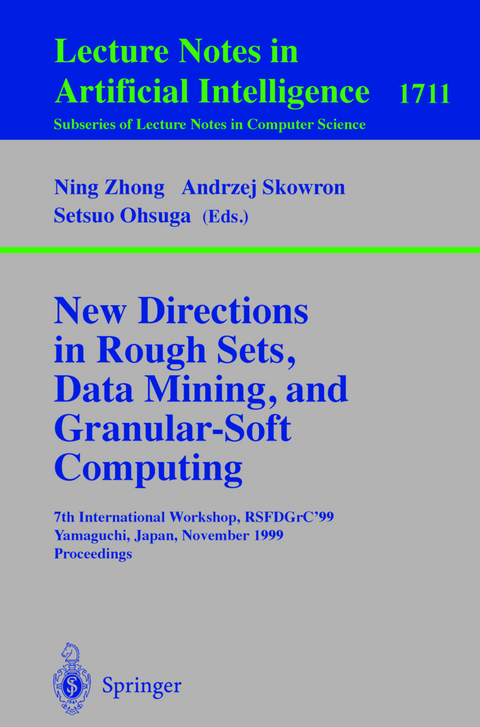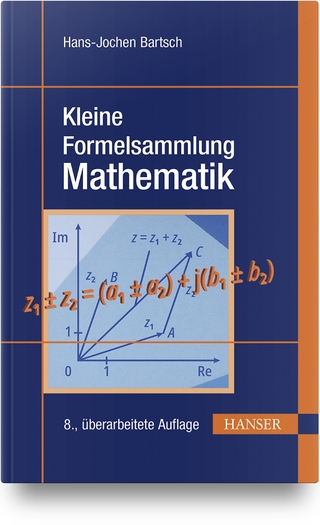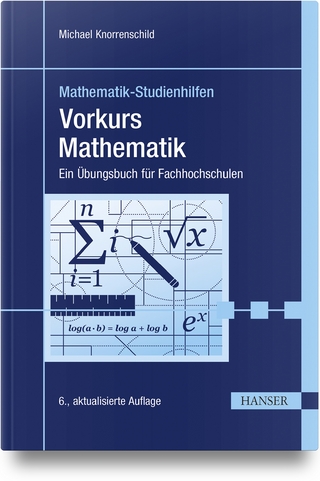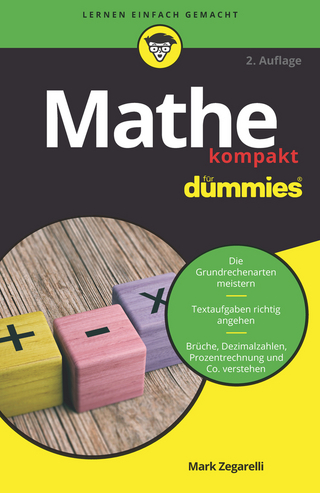
New Directions in Rough Sets, Data Mining, and Granular-Soft Computing
Springer Berlin (Verlag)
978-3-540-66645-5 (ISBN)
Ning Zhong is currently head of Knowledge Information Systems Laboratory, and a professor in Department of Systems and Information Engineering, Graduate School, Maebashi Institute of Technology, Japan. He is also CEO of Web Intelligence Laboratory, Inc., a new type of venture intelligent IT business company. Before moving to Maebashi Institute of Technology, he was an associate professor in Department of Computer Science and Systems Engineering, Yamaguchi University, Japan. He is also a guest professor of Beijing University of Technology since 1998. He is the co-founder and co-chair of Web Intelligence Consortium (WIC), vice chair of the executive committee of the IEEE Computer Society Technical Committee on Computational Intelligence (TCCI), the advisory board of ACM SIGART, steering committee of IEEE International Conferences on Data Mining (ICDM), the advisory board of International Rough Set Society, steering committee of Pacific-Asia Conferences on Knowledge Discovery and Data Mining (PAKDD), coordinator and member of advisory board of a Special Interest Group on Granular Computing in Berkeley Initiative in Soft Computing (BISC/SIG-GrC).
Invited Talks.- Decision Rules, Bayes' Rule and Rough Sets.- A New Direction in System Analysis: From Computation with Measurements to Computation with Perceptions.- On Text Mining Techniques for Personalization.- A Road to Discovery Science.- Rough Computing: Foundations and Applications.- Calculi of Granules Based on Rough Set Theory: Approximate Distributed Synthesis and Granular Semantics for Computing with Words.- Discovery of Rules about Complications.- Rough Genetic Algorithms.- Classifying Faults in High Voltage Power Systems: A Rough-Fuzzy Neural Computational Approach.- Rough Set Theory and Its Applications.- Toward Spatial Reasoning in the Framework of Rough Mereology.- An Algorithm for Finding Equivalence Relations from Tables with Non-deterministic Information.- On the Extension of Rough Sets under Incomplete Information.- On Rough Relations: An Alternative Formulation.- Formal Rough Concept Analysis.- Noise Reduction in Telecommunication Channels Using Rough Sets and Neural Networks.- Rough Set Analysis of Electrostimulation Test Database for the Prediction of Post-Operative Profits in Cochlear Implanted Patients.- A Rough Set-Based Approach to Text Classification.- Modular Rough Fuzzy MLP: Evolutionary Design.- Approximate Reducts and Association Rules.- Handling Missing Values in Rough Set Analysis of Multi-attribute and Multi-criteria Decision Problems.- The Generic Rough Set Inductive Logic Programming Model and Motifs in Strings.- Rough Problem Settings for Inductive Logic Programming.- Using Rough Sets with Heuristics for Feature Selection.- The Discretization of Continuous Attributes Based on Compatibility Rough Set and Genetic Algorithm.- Fuzzy Set Theory and Its Applications.- Level Cut Conditioning Approach to the Necessity MeasureSpecification.- Four c-Regression Methods and Classification Functions.- Context-Free Fuzzy Sets in Data Mining Context.- Applying Fuzzy Hypothesis Testing to Medical Data.- Generating a Macroeconomic Fuzzy Forecasting System Using Evolutionary Search.- Fuzzy Control of Nonlinear Systems Using Nonlinearized Parameterization.- Control of Chaotic Systems Using Fuzzy Model-Based Regulators.- Fuzzy Behavior-Based Control for the Obstacle Avoidance of Multi-link Manipulators.- Fuzzy Future Value and Annual Cash Flow Analyses.- Semi-linear Equation with Fuzzy Parameters.- Non-classical Logic and Approximate Reasoning.- First Order Rough Logic-Revisited.- A Generalized Decision Logic in Interval-Set-Valued Information Tables.- Many-Valued Dynamic Logic for Qualitative Decision Theory.- Incorporating Fuzzy Set Theory and Matrix Logic in Multi-layer Logic.- Fuzzy Logic as Interfacing Media for Constraint Propagation Based on Theories of Chu Space and Information Flow.- Pattern Reasoning: A New Solution for Knowledge Acquisition Problem.- Probabilistic Inference and Bayesian Theorem Based on Logical Implication.- Reasoning with Neural Logic Networks.- The Resolution for Rough Propositional Logic with Lower (L) and Upper (H) Approximate Operators.- Information Granulation and Granular Computing.- Information Granules in Distributed Environment.- Evolving Granules for Classification for Discovering Difference in the Usage of Words.- Interval Evaluation by AHP with Rough Set Concept.- Interval Density Functions in Conflict Analysis.- Incorporating Personal Database Unification by Granular Computing.- Data Mining and Knowledge Discovery.- Knowledge-Driven Discovery of Operational Definitions.- A Closest Fit Approach to Missing Attribute Values in Preterm Birth Data.- Visualizing Discovered Rule Sets with Visual Graphs Based on Compressed Entropy Density.- A Distance-Based Clustering and Selection of Association Rules on Numeric Attributes.- Knowledge Discovery for Protein Tertiary Substructures.- Integrating Classification and Association Rule Mining: A Concept Lattice Framework.- Using Rough Genetic and Kohonen's Neural Network for Conceptual Cluster Discovery in Data Mining.- Towards Automated Optimal Equity Portfolios Discovery in a Knowledge Sharing Financial Data Warehouse.- Rule-Evolver: An Evolutionary Approach for Data Mining.- Machine Learning.- Decision Making with Probabilistic Decision Tables.- The Iterated Version Space Learning.- An Empirical Study on Rule Quality Measures.- Rules as Attributes in Classifier Construction.- An Algorithm to Find the Optimized Network Structure in an Incremental Learning.- Patterns in Numerical Data: Practical Approximations to Kolmogorov Complexity.- Performance Prediction for Classification Systems.- Intelligent Agents and Systems.- Flexible Optimization and Evolution of Underwater Autonomous Agents.- Ontology-Based Multi-agent Model of an Information Security System.- Optimal Multi-scale Time Series Decomposition for Financial Forecasting Using Wavelet Thresholding Techniques.- Computerized Spelling Recognition of Words Expressed in the Sound Approach.- An Adaptive Handwriting Recognition System.
| Erscheint lt. Verlag | 20.10.1999 |
|---|---|
| Reihe/Serie | Lecture Notes in Artificial Intelligence | Lecture Notes in Computer Science |
| Zusatzinfo | XIV, 566 p. |
| Verlagsort | Berlin |
| Sprache | englisch |
| Maße | 155 x 235 mm |
| Gewicht | 746 g |
| Themenwelt | Mathematik / Informatik ► Informatik |
| Mathematik / Informatik ► Mathematik ► Allgemeines / Lexika | |
| Schlagworte | Agents • Approximate Reasoning • Data Mining • fuzzy • Fuzzy Logic • Granular Computing • intelligent information agents • Knowledge • Knowledge Discovery • learning • Logic • machine learning • Maschinelles Lernen • Nonclassical Logics • Rough Sets • Rough Set-Theorie • set theory • Soft Computing |
| ISBN-10 | 3-540-66645-1 / 3540666451 |
| ISBN-13 | 978-3-540-66645-5 / 9783540666455 |
| Zustand | Neuware |
| Haben Sie eine Frage zum Produkt? |
aus dem Bereich


